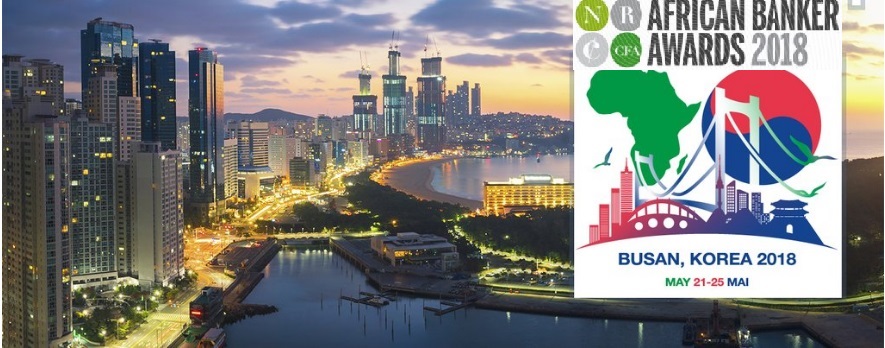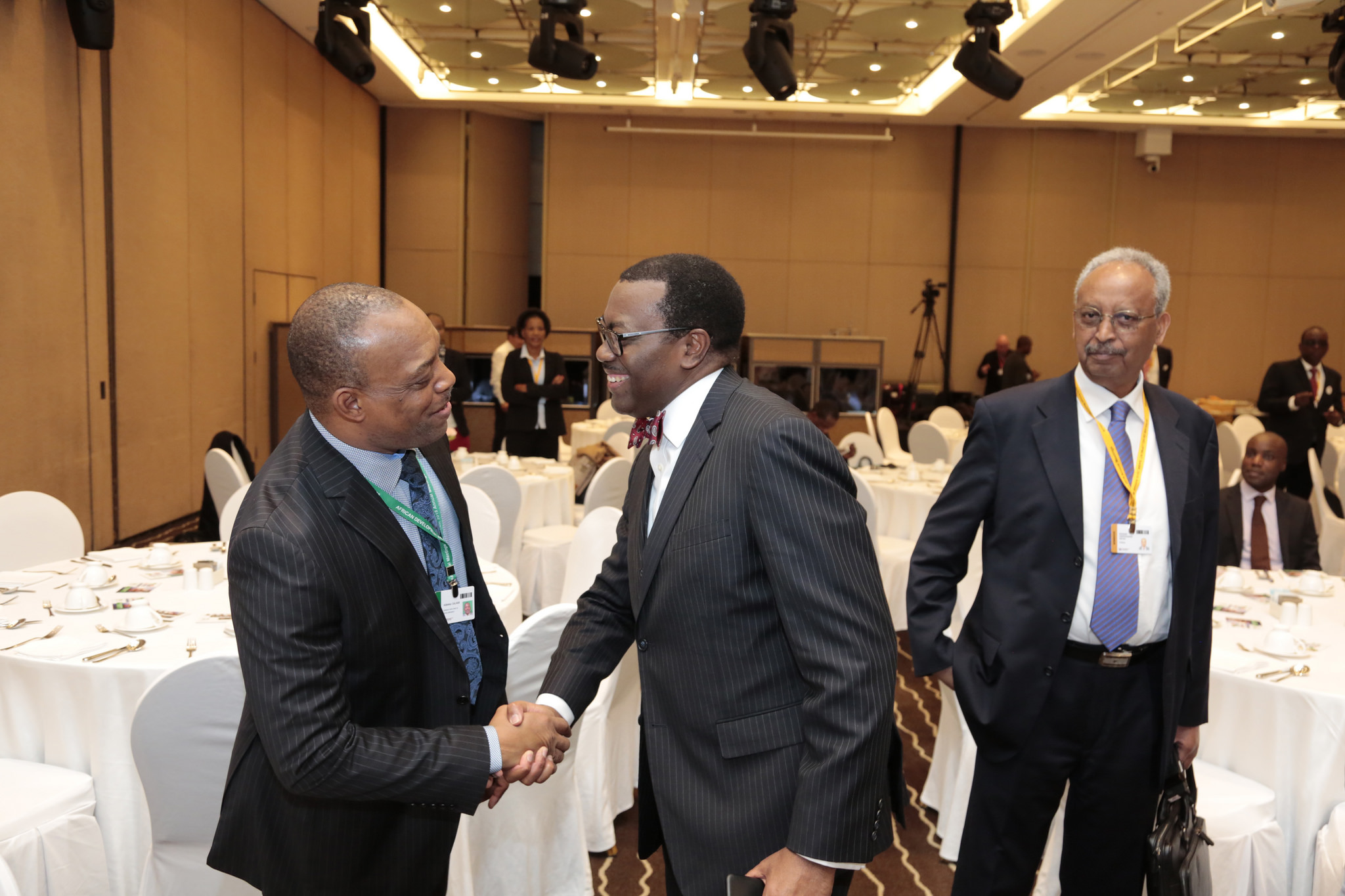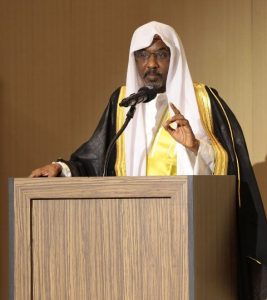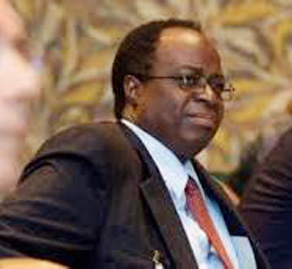-
East African Banks dominated this year’s African Banker Awards which took place in South Korea
-
The Korean government offered to host the meetings to strengthen its relationship with Africa.

By TZ Business News Staff and Agencies.
Tanzania’s CRDB Bank has been declared ‘Best Regional Bank in East Africa’ as part of 2018 African Banker Awards. The Awards are held annually on the fringes of the Annual Meetings of the African Development Bank to celebrate excellence in banking and finance on the African continent.
Winners of the 2018 African Banker Awards were announced at a prestigious Gala Dinner May 21, 2018 in the South Korean port city of Busan, according to an APO Newswire distributed on Tuesday, 22 May, 2018.
The former Bank of Tanzania Governor Prof. Benno Ndulu who completed his 10-year tenure as Bank of Tanzania Governor in January 2018 was announced African Central Bank Governor of the year for his pushing of financial inclusion in Tanzania as well as for his sound macroeconomic management. Executive Director of the African Development Bank (AfDB) for the East Africa region, Dr. Namajeje Weggoro, received the award on behalf of the former Governor.
The awards brought together key banking industry players and top government officials from Africa and around the world to honour the achievements of institutions and individuals who have contributed immensely to the reform, modernization and expansion of the continent’s banking and financial sector while driving Africa’s sustained economic growth.
In the case of Prof. Ndulu, this was the third time he is recognized as the Best Central Bank Governor in Africa. The first time was in 2009 when he was awarded by Emerging Markets magazine during the Annual Meetings of the World Bank and International Monetary Fund in Istanbul, Turkey.
Prof. Ndulu also won the 2015 Best Central Bank Governor in Africa award by the Africa Investor magazine. The award, in recognition of his competence and contribution in attracting investment and developing a hospitable environment for investment in Tanzania, was presented to him on the fringes of the United Nations General Assembly in New York, United States.
East Africa dominated the awards this year, APO has reported. The CEO of Equity Group Holdings Plc in Kenya, James Mwangi, won Banker of the Year. His bank has seen impressive growth through a series of innovations and diversified investment channels away from consumer loans. Kenya’s Equity Group also beat off strong competition from four other shortlisted nominees to win the coveted ‘African Bank of the Year Award’.

CRDB Bank Managing Director Dr. Charles Kimei (L) shakes hands with African Development Bank President Dr. Akinwumi Adesina during breakfast at the AfDB Annual Meetings in Busan, South Korea on 22nd of May 2018. (Photo by Ayekpa Guy-Roland Tayoro/AfDB).
South African banks dominated the investment banking and deals of the year categories. Standard Bank Group swooped three awards, including the one for ‘Investment Bank of the Year’.
Standard Bank and Rand Merchant Bank in South Africa took the ‘Infrastructure Deal of the Year’ for the $5bn Nacala corridor rail and port project in Mozambique and Malawi, one of Africa’s largest private sector funded infrastructure projects. The project covers 912km of railway running from the Tete province in western Mozambique to Nacala port on the east coast through a section of Malawi. A deep sea port at Nacala also features in the project.
Rand Merchant Bank in South Africa was also recognized for the listing of Steinhoff Africa Retail that took place last year. Veteran South African banker, Stephen Koseff, won the Lifetime Achievement Award. As the co-founder of Investec he has built a global leader in banking and asset management.
The ‘Socially Responsible Bank of the Year’ title went to BMCE Bank of Africa Group in Morocco. The bank is widely regarded as a leader in sustainable finance and le Credit Agricole du Maroc won the award for financial inclusion. Ecobank won the award for innovation and also for Retail Bank of the year largely for the way it has integrated technology to considerably widen its products and reach.
Commenting on the ceremony, Omar Ben Yedder, Publisher of African Banker, commented on the impressive achievements of the banks shortlisted for the 2018 awards: “The winners of the African Banker Awards reflect the innovation and energy within Africa’s banking market. The categories that most catch my eye are the Deals of the year and the ones on innovation. They reflect the true energy and vigour of the banking sector. I cannot stress enough though the important role financial services have to play to drive the development of the continent.”
This is the first time the African Banker Awards took place in South Korea, more precisely in the port city of Busan. As a shareholder in the African Development Bank, the South Korean government offered to host this year’s Annual Meetings aiming to strengthen its long-standing relationship with Africa.
The 12th edition of the African Banker Awards, hosted by African Banker magazine and BusinessinAfricaEvents took place at the Paradise Hotel Busan.
The awards which are held under the high patronage of the African Development Bank are sponsored by the African Guarantee Fund as Platinum Sponsor, the Bank of Industry as Gold Sponsor and Banco Nacional de Investimento, Mozambique as Silver Sponsor. Other sponsors include Afreximbank and Credit Agricole du Maroc.
In a related event the former Governor of the Central Bank of Nigeria, Muhammadu Sanusi II, told attendants of the 2018 Annual Meetings of the African Development Bank Group in Busan Africa’s development agenda must focus on the socio-cultural and commercial interests of Africans and uplifting of Africa’s trade and economic ecosystem.

Former Central Bank of Nigeria Governor and current Kano State Emir His Royal Highness Muhammadu Sanusi II speaks at the 2018 Annual Meetings of the African Development Bank Group in Busan, Korea.
“Africa’s economic transformation will be best achieved through fast-tracking regional cooperation and the execution of hard-nosed structural reforms that focus on the development of the continent’s human capital and material resources,” Emir Sanusi II said.
An economist and financial risk expert, the monarch traced Africa’s post-colonial economic woes to the continent’s fiscal indiscipline and endemic disregard for its competitive advantages. For these reasons, he asserted, Africa’s development was stunted and its global trade ties lopsided in favour of offshore trading partners.
“Nine out of every 10 countries in Africa have huge trade deficits with China, but Asia developed mostly on domestic investments and resources,” he noted, underscoring the need for African Governments to invest in and promote creativity and indigenous enterprise.
The Emir advocated a series of structural reforms, including strategic investments in key sectors including agriculture, infrastructure, education, and small and medium enterprises. He called for deliberate industrial diversification noting that China has begun to move its mega-sized manufacturing capabilities out of low-cost industries.
African Governments also need to eradicate constitutional provisions and structures that increase the cost of governance at national and sub-national levels, manage demographic growth, and revamp and harmonize moribund and ineffective customs and excise duties that promote cross-border smuggling and revenue losses to governments, he said.
“Private sector capital is crucial for sustained economic growth,” he said, but so is government’s intervention in guaranteeing business externalities like power, water and waste management, roads, housing and the legal and regulatory environment for innovation, commerce and industry.”
On trade, the Emir called for a regional and pan-African approach to trade negotiations, a tactical model which should be led by the Bank.
“The African Development Bank has the intellectual resources and clearly is better positioned to negotiate with China on behalf of Africa as a bloc of nations,” the Economist said. “Europe approached global trade as a bloc so why can’t African nations do the same? This is clearly another area in urgent need of the Bank’s intervention.”




